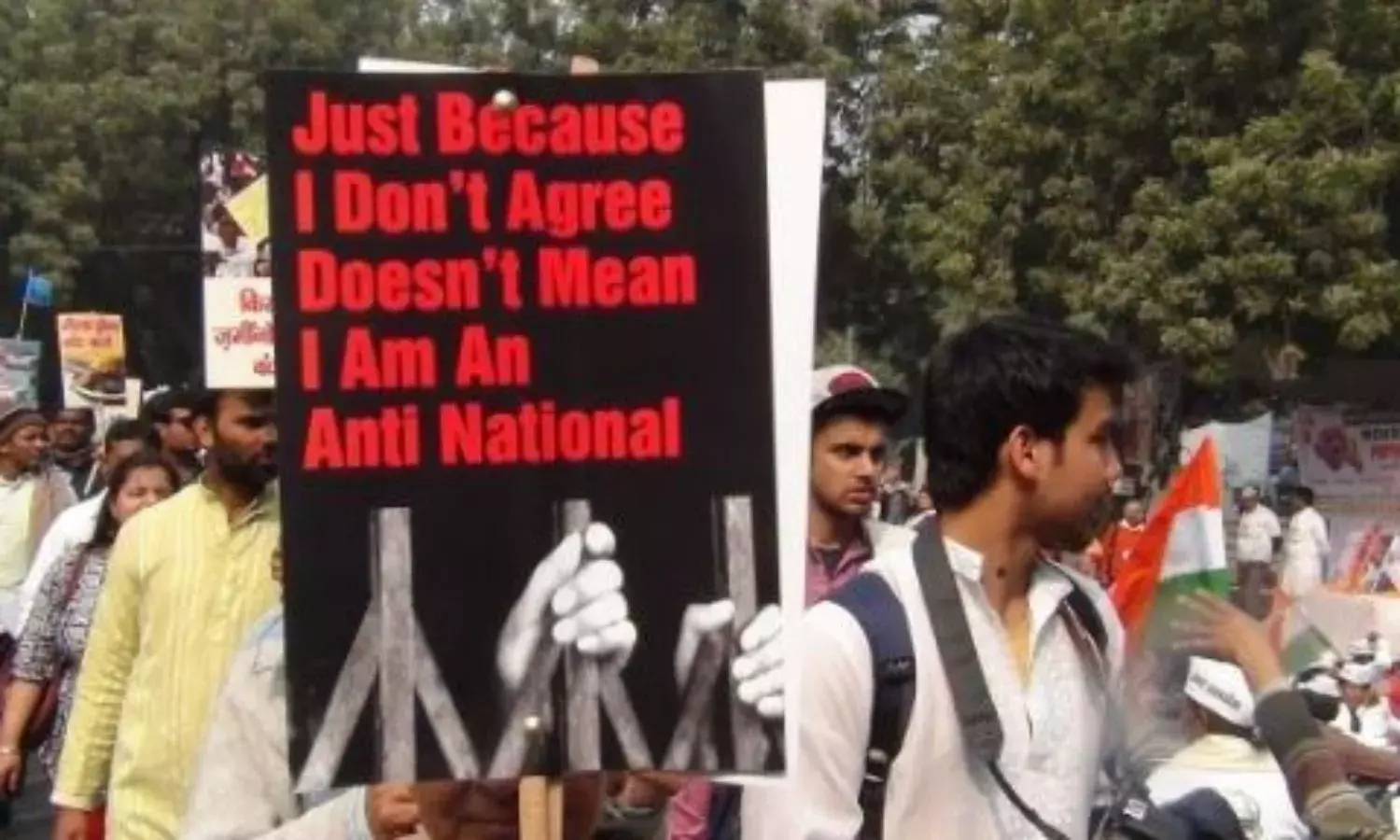People Being Falsely Framed, Cases 'Cooked Up' Under Draconian Laws, Say Former SC Judges
Misuse of NSA and UAPA

Draconian laws such as the National Security Act (NSA), sedition and Unlawful Activities Prevention Act (UAPA) are being “foisted upon people in cooked up cases to keep them in detention for a couple of months”, former Supreme Court judge, Justice Madan B. Lokur stated in a webinar on September 27.
The webinar titled ‘Our Article 21 Fundamental Right Not to be Framed by the State’ was organised by Prof. G. Mohan Gopal, former Director of the National Judicial Academy. Along with Justice Lokur, the panel included former Supreme Court judges Justice A.K. Patnaik, Justice J. Chelameswar and Justice Arjan Sikri among others.
The former judges discussed the issue of framing innocent individuals on false charges, the importance of right to life and personal liberty as enshrined under Article 21 of the Constitution and emphasised the need for vigilance in safeguarding this right.
Justice Lokur stressed upon the drastic consequences that arise when individuals are framed in “cooked up” cases via two examples, including the case of Dr. Kafeel Khan who had been arrested under the National Security Act in February, for allegedly making inflammatory statements during an anti-CAA speech he gave at Aligarh Muslim University in December 2019.
The Allahabad High Court’s recent judgement—which stated that the speech did not “disclose any effort to promote hatred or violence”, rather the “address gives a call for national integrity and unity among the citizens” and “deprecates any kind of violence”—led to Khan’s release after seven months in prison.
Justice Lokur also highlighted that the number of cases of sedition have been rising year on year. Citing official figures, he stated that 70 cases of sedition had been recorded in 2018 and that he would not be surprised if numbers crossed 1000 in 2019.
“The rate of conviction is almost zero. Maybe one or two people have been convicted of sedition... I have no doubt these people will be acquitted eventually,” he added.
He further said that compensation is not the solution. “It is alright to say that compensation can be given. Yes, compensation can be given and compensation, according to me, must be given. But that is not the complete answer.”
“What about the mental trauma? How do you compensate that?” Justice Lokur asked.
Justice A.K. Patnaik stated that currently, there is a fear amongst many that they may be falsely framed. He added that courts should not decide on matters in a mechanical manner. “The courts have to be very alert when it comes to personal liberty. They are the best checks. You can't leave it to the police authorities.”
He cited the 2002 Akshardham Temple attack case in Gujarat, where six members of one community were convicted on the basis of “confessions” and “materials which hardly linked them”. The six individuals—including three on death sentence—were acquitted in 2014 by the Supreme Court, after having spent 11 years in prison.
Justice Patnaik added that there are sufficient remedies under law against being falsely framed and judges must feel committed to ensuring liberty of individuals and must trigger these safeguards to ensure no innocent person is framed, harassed or prosecuted and convicted.
Justice Chelameswar, speaking at the webinar, said, “It is the sincere and faithful enforcement of law that is relevant. So long as sincerity is lacking, any amount of law-making will only remain in paper.”
Explaining how subversion begins within legal boundaries, Justice Sikri said that it is “rather disturbing” that today, it is “the elected people who many times subvert the democracies”.
Elected individuals would not do anything which may appear to be illegal, he added. To begin with, the first step in the subversion process is usually to curtail the freedom of speech. “The people are framed under some or the other law. Legal means are adopted, or rather a legal route is adopted to frame them,” he said.
“The government, once it is elected, does not mean it has the right to rule in any manner which it likes. That is why the Constitution is there, which sets down the limitations,” he said, further adding that a “fearless impartial judiciary” is needed.



